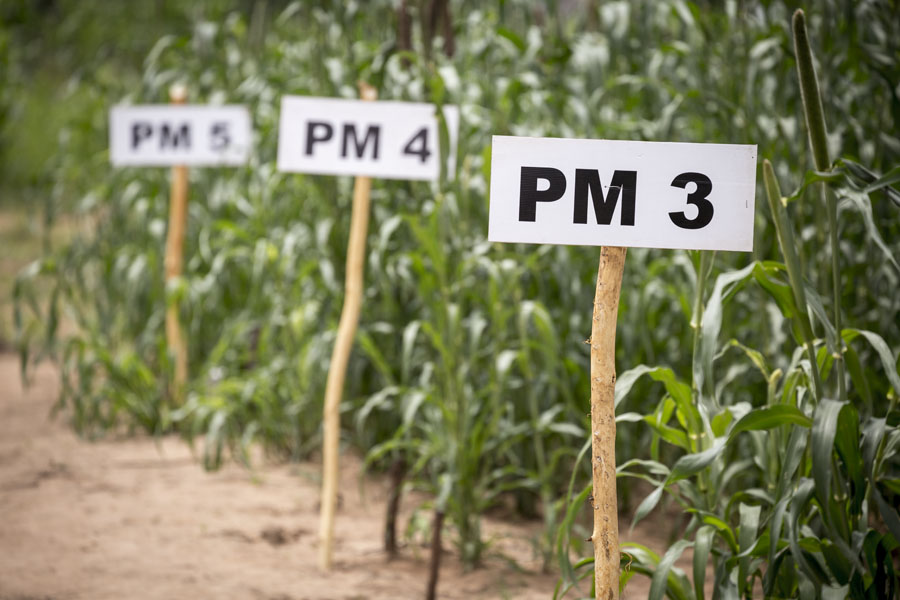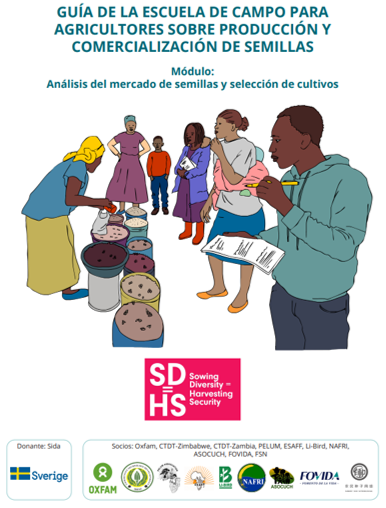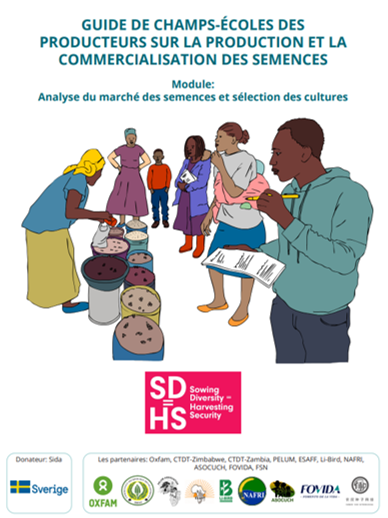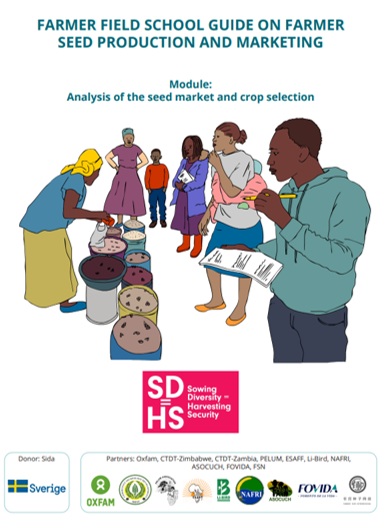Over the last few decades, there has been a growing appreciation of crop varieties developed by local farmers, commonly referred to as farmers’ varieties. These varieties often have attractive characteristics for both producers and consumers, such as adaptability to harsh environmental conditions and high nutritional values. Yet they are usually not sold in formal markets, and tend to be limited to farmers’ seed systems. This is partially due to national seed laws that, in an effort to guarantee good quality seed of uniform and stable varieties, create obstacles for farmers’ varieties to reach the market.
SD=HS, in a joint effort with colleagues from Bioversity International and partners organisations from the SD=HS network, describe the experiences of four countries—Bolivia, Laos, Nepal and Zimbabwe—that are developing alternative variety registration systems for farmers’ varieties. Most of these cases have never been documented before. The cases present the main drivers behind and approaches to the registration of farmers’ varieties in different legal contexts and at different stages of development. We conclude that farmers’ variety registration systems can generate benefits including faster and cheaper variety releases, improved farmer incomes, and a larger diversity of well-adapted varieties in the market—but some important issues are still to be resolved.
Find the article in the Agronomy journal, or download it below









